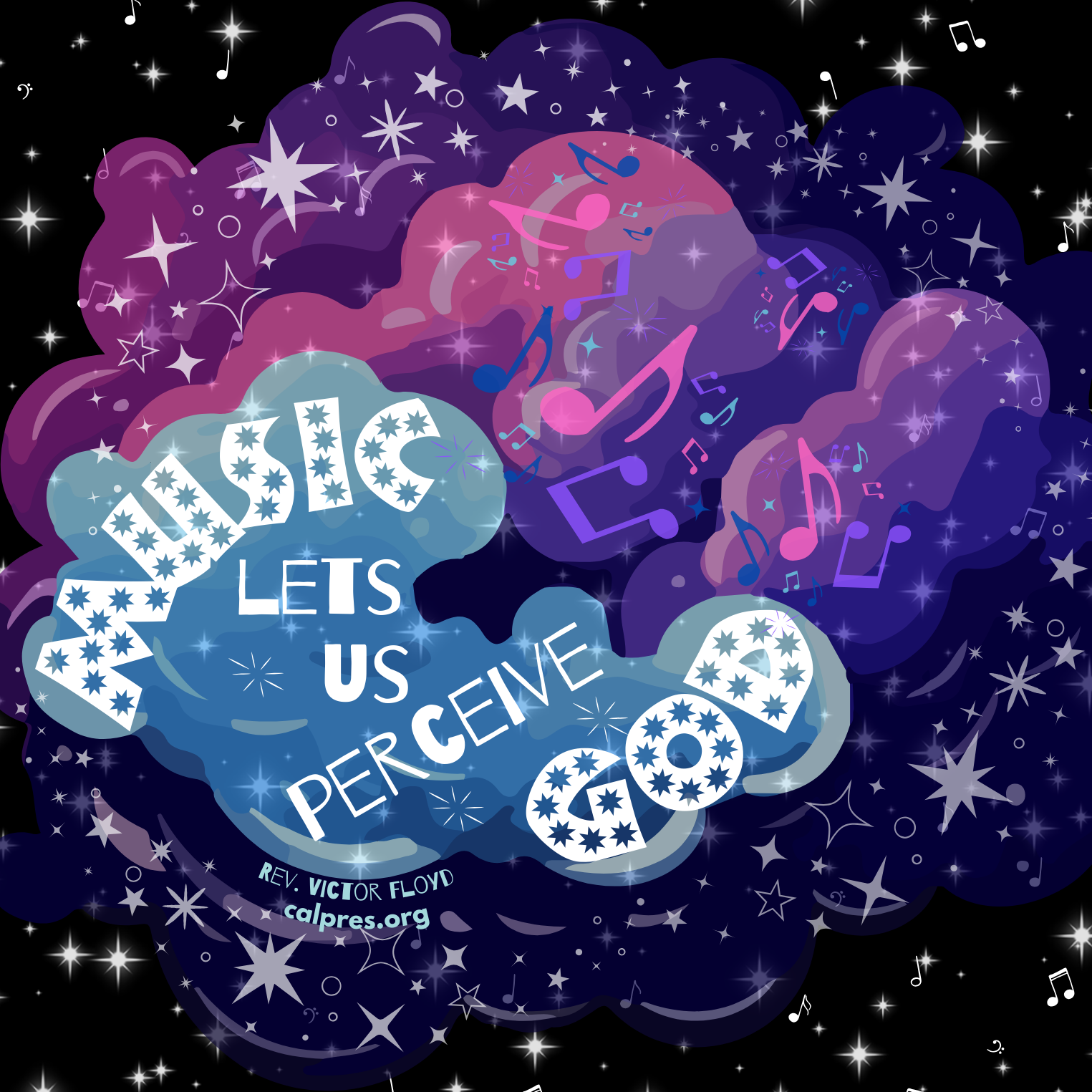Sermon 11.12.2023: Hosea & The Runaway Bride
Thanks to a disastrous marriage, the prophet Hosea became the first to uncover God's most consequential attribute: Long-Suffering Love. No matter how far we try to run, God waits for us to come home. God is in this relationship (with you) for the long haul.
Scripture
Hosea 11:1-9
When Israel was a child, I loved him,
and out of Egypt I called my son.
The more I called them,
the more they went from me;
they kept sacrificing to the Baals,
and offering incense to idols.
Yet it was I who taught Ephraim to walk,
I took them up in my arms;
but they did not know that I healed them.
I led them with cords of human kindness,
with bands of love.
I was to them like those
who lift infants to their cheeks.
I bent down to them and fed them.
They shall return to the land of Egypt,
and Assyria shall be their king,
because they have refused to return to me.
The sword rages in their cities,
it consumes their oracle-priests,
and devours because of their schemes.
My people are bent on turning away from me.
To the Most High they call,
but he does not raise them up at all.
How can I give you up, Ephraim?
How can I hand you over, O Israel?
How can I make you like Admah?
How can I treat you like Zeboiim?
My heart recoils within me;
my compassion grows warm and tender.
I will not execute my fierce anger;
I will not again destroy Ephraim;
for I am God and no mortal,
the Holy One in your midst,
and I will not come in wrath.
Sermon Text
God Waits for Us
The season of waiting, or Advent, begins in a couple weeks. In today’s lesson from the ancient Hebrew prophet Hosea, we learn something astonishing: God waits for us. The people stopped waiting along time ago. There’s an old joke about someone standing in front of the microwave and screaming “Hurry!” Waiting does not come naturally in the 21st century, nor did it in Hosea’s 8th century before Christ. But God knows waiting, and has been waiting. Could it be that you are the one God is waiting for? In Spanish, waiting and hoping are from the same root, esperar, esperanza. In biblical Hebrew, the word qaval means to wait,and it means to hope. That’s how God waits for us: hoping for our return. No matter who you are, no matter what you’ve done, nomatter where you are on life’s journey, God is pulling for you. And nothing you do will ever stop God from loving you.
Lament: Has Love Walked Away?
It’s an age-old question. Why does God allow suffering? Are God’s eyes closed to hate and war? Why is God so silent? These questions, though understandable, misconstrue the fundamental nature of God as revealed through the prophets. The prophet Hosea, the first of the minor prophets, answers these questions indirectly. Hosea writes of God as a jilted husband, a lover abandoned by a fickle and disloyal partner. Hosea weaves prophecy as he tells us the story of his bad romance, admonishing us to improve the quality of all our relationships.
Music lets us perceive God. This is especially true in Hosea’s overly-anthropomorphized version of God.. God awaits the return of a willful people, just as Hosea awaits the return of his runaway bride. God/Hosea lament and wonder where this relationship went wrong.
“And So It Goes” by Billy Joel
In every heart there is a room
A sanctuary safe and strong
To heal the wounds from lovers past
Until a new one comes along
I spoke to you in cautious tones
You answered me with no pretense
And still I feel I said too much
My silence is my self defense
And every time I've held a rose
It seems I only felt the thorns
And so it goes, and so it goes
And so will you, soon, I suppose
But if my silence made you leave
Then that would be my worst mistake
So I will share this room with you
And you can have this heart to break
And this is why my eyes are closed
It's just as well for all I've seen
And so it goes, and so it goes
And you're the only one who knows
So I would choose to be with you
That's if the choice were mine to make
But you can make decisions too
And you can have this heart to break
And so it goes, and so it goes
And you're the only one who knows
Prayer for Illumination
Help us, most Holy One, to hear you in the words of scripture and also to recognize your accent in the voices of the world, so to trust you and follow you. Amen.
Socio-historical Context
We will come back to the marriage metaphor, but first some social-historical context. Since last week’s Elijah episode, here’s what’s happened. A century has passed. And Israel and Judah still comprise the divided kingdom. The northern kingdom—called Israel or Ephraim in Hosea—is ruled by the disastrous Jeroboam II, a king who betrays his people by forming an alliance with the invading Assyrian Empire. Jeroboam II and his priests have dismantled culture and education. Hosea says the people no longer know the true word of God. They’re suffering from conditioned apathy, oblivious to God's world all around them. They go back to worshiping Baal and give themselves to that whole violent cult Pastor Marci preached on last week, what the choir will bring to life this Saturday night—get your ticket today, seatbelts not included. Does any of this sound current? Education dismantled? Leaders who belittle civic responsibility and destroy long-settled values? Violence as a way of life?
A lot that was wrong then is still wrong now.
Who was Hosea?
Enter Hosea, chosen of prophesy the restoration of the Aram-Israel alliance, while Jeroboam preferred a pact with the imperial invaders. Were Jeroboam our president, we would be at war with Canada and school-children would be learning Russian. As far-fetched as that sounds, current presidential candidates are promising, if elected, war with Mexico.[1] No nation can afford apathy.
A man with considerable emotional baggage, Hosea uses his wife, Gomer, as a narrative foil for unfaithful Israel. And their children he names to describe unrepentant Israel’s fate. Their daughter Lo-Ruhamah’s name means “no mercy” because God won’t pity the fool that follows Baal. Their son is named Lo-Ammi, “not my people.” I might not be a parenting expert, but please, no one should name their child Not Mine.
The Advent of Unconditional Love
Hosea is one of the oldest texts among the prophets, as old as the Tanakh. Up until this point in history, the Lord has been on many a tirade—banishing the first humans from the Garden, smiting some Canaanites, ordering Saul to commit Amelikite genocide.[2] The Lord Sabaoth, who we sing of at communion time, refers to the God of armies, the Lord of what we think of as Old Testament-style revenge. Please find page 737 in your pew Bible.
It’s easy for Christian to become all self-righteous and pretend the birth of Jesus mellowed God out, but that’s just not true. God’s heart recoils in the eighth verse of Hosea 11. This is the first time in history God commits to compassion. Before we read this, you need to know that Admah and Zeboim were towns destroyed alongside Sodom and Gomorrah. And the Hebrew word translated “recoil”[3] needs unpacking. Theologian John Holbert writes, in verse 8 that God’s “heart,” the Hebrew seat of will and intelligence, quite literally “turns over” and God speaks out against God’s own angry past actions.[4]
Scripture: Hosea 11:1-9, NRSV
When Israel was a child, I loved him,
and out of Egypt I called my son.
The more I called them,
the more they went from me;
they kept sacrificing to the Baals,
and offering incense to idols.
Yet it was I who taught Ephraim to walk,
I took them up in my arms;
but they did not know that I healed them.
I led them with cords of human kindness,
with bands of love.
I was to them like those
who lift infants to their cheeks.
I bent down to them and fed them.
They shall return to the land of Egypt,
and Assyria shall be their king,
because they have refused to return to me.
The sword rages in their cities,
it consumes their oracle-priests,
and devours because of their schemes.
My people are bent on turning away from me.
To the Most High they call,
but he does not raise them up at all.
How can I give you up, Ephraim?
How can I hand you over, O Israel?
How can I make you like Admah?[5]
How can I treat you like Zeboiim?
My heart recoils within me;
my compassion grows warm and tender.
I will not execute my fierce anger;
I will not again destroy Ephraim;[6]
for I am God and no mortal,
the Holy One in your midst,
and I will not come in wrath.
I will not come in wrath—the origin story of God’s mercy, intertwined with the history of a rebellious nation, a terrible ruler, and, of all things, a troubled relationship.[7] To understand the breadth of God’s unconditional love, let’s explore Gomerand Hosea’s marital challenges. The great Episcopal theologian John Shelby Spong[8] used to tell the story in a way that allowed us to enter it and identify. I’ve updated some of his words, and I’m especially thankful to Rev. Dawn Hutchings[9] who transcribed the Bishop’s storytelling. Take a deep breath, and let’s travel back about, oh, three-thousand years to the ancient Near East.
Imagine the tongue-wagging when the staid and respected holy man Hosea married Gomer, the party-loving youngest daughter of the old merchant Diblaim. Gomer was drop-dead gorgeous, known for her style and dancing. Hosea was older and kinda boring. He was so proud of his young bride. He vowed to do all he could to make her happy. At first, things were great. Hosea found a new lease on life. He went with Gomer to countless events and basked in her popularity. The hectic social pace, however, only increased with time. After a year or so, Hosea began to yearn for some me time. Tension crept into their relationship. Once Hosea wanted to leave the party sooner than Gomer, so a compromise was arranged. Hosea would leave, and some friends would escort Gomer home. When people saw this, tongues wagged even more. As time passed, Hosea chose to stay home, while Gomer went to parties without him. At first, she went with their friends. Eventually, she ventured out alone. Now, an unaccompanied woman was almost unheard of in their ancient, brutish society. A lone woman was vulnerable and undefended. This was especially so with Gomer who was well-known as the life of any party. One night, Gomer did not return home at all. Hosea searched for her, but she had vanished without a trace. Now unburdened by her more sedate husband, Gomer pursued a life in the fast lane. Years passed. She began to feel worn out, and her popularity faded. Once she had run with the social elite, but now, she ran with whoever would have her. Men who once supported her gladly soon began to expect more in return. They forced her to sell her body to survive. Finally, she realized that she was being trafficked. Gomer was sold as a slave to a family that treated her horribly. Through all the spiraling years, Hosea kept up his search for the woman he had married. He never gave up. He never stopped loving her.. Knowing the ways of his world, Hosea searched slave market the only place that seemed her likely destination. He witnessed the riff-raff of society catcalling and commenting on the slaves as they stepped up on the block. And then, one providential afternoon, Hosea’s eyes spied his beloved Gomer, her eyes bloodshot, her hair matted. “Fifteen pieces of silver!” he called to the traders. That was the price usually offered for young, strong male slaves. The traders looked among themselves, wondering who’s this idiotic old man. Hosea approached the block, reached out and took Gomer by the hand. He led her past the hostile crowd, until their words faded in the distance. He took her home, informed his household that this once-slave was actually his wife, the center of his affection.
God’s love for us is like Hosea’s love for Gomer, born out of long-suffering pain. God’s love is not something to be earned. God’s love is a reality to be entered. God’s love is something we must live to understand. God’s love cannot be destroyed. It’s waiting for individuals, communities, churches, nations. The union of God with the people is a marriage that must be saved. God would save us if the choice was God’s to make, but we can make decisions, too. God’s “heart is ours to break.”[10] God’s arms are wide with mercy. It’s time for us to come home.
[1] < https://apnews.com/article/republican-presidential-candidates-mexico-cartels-fentanyl-trafficking-b4127423a3130967a1fafb0d9fb7526a>
[2] Amalek & Israel discussed at < https://www.jewishvirtuallibrary.org/the-amalekites>
[3] נ ְה ַפּךְ [nephk]
[4] John Holbert “A God We Hardly Know: Reflections on Hosea 11:1-11” Patheos, July 29, 2013, accessed online at < https://www.patheos.com/progressive-christian/god-we-hardly-know-john-holbert-07-30-2013> I(November 1, 2023)
[5] Admah and Zeboim were cities destroyed along with Sodom and Gomorrah.
[6] In Hosea, Ephraim = The Northern Kingdon, also called Israel. The Southern Kingdom is called Judah.
[7] After this sermon was preached, I was reminded by a dear colleague that I did not touch on the abusive nature of this relationship. The opening chapters of Hosea are brutal. Hosea writes abusively of his bride. For sure, there was more than one reason Gomer ran away. This sermon was a hopeful interpretation of an almost 3,000 year old scroll. May it bring liberation and freedom somehow.
[8] I was privileged to study with Spong for two summers. His obituary from 2021 is available online at < https://www.nytimes.com/2021/09/19/us/john-shelby-spong-dead.html> (November 13, 2023)
[9] Rev. Dawn Hutchings “Hosea: The Coronation Street of Ancient Israel” August 1, 2019 accessed online at < https://progressivechristianity.org/resources/hosea-the-coronation-street-of-ancient-israel/> (October 30, 2023)
[10] Billy Joel

Art by Rachel Wolf











